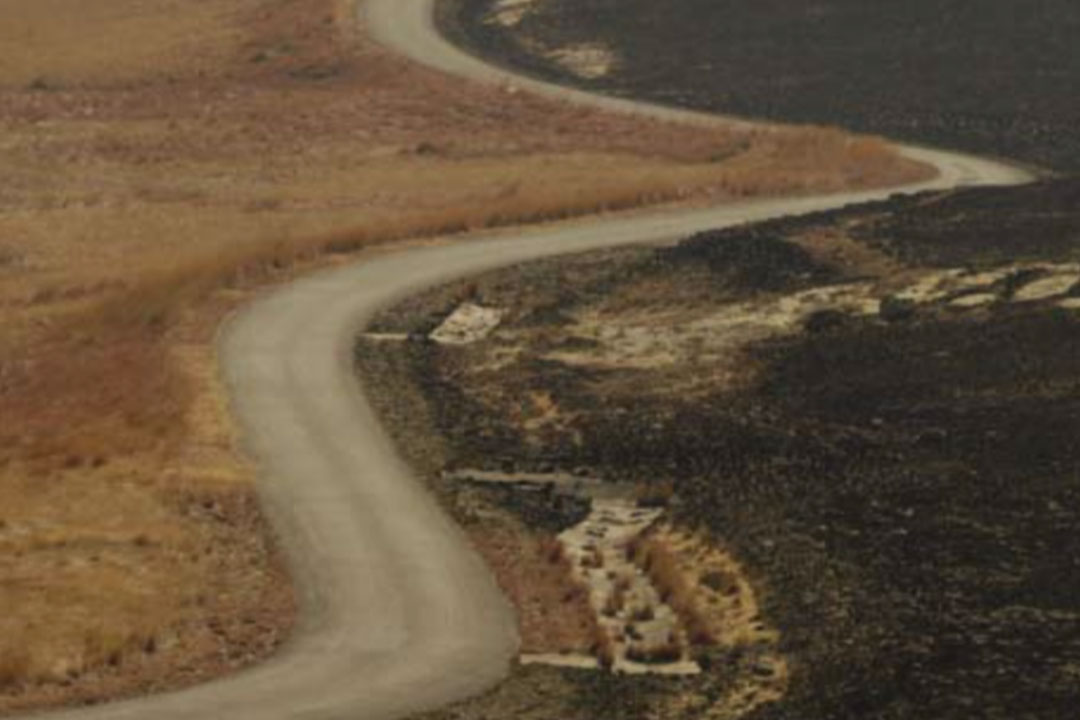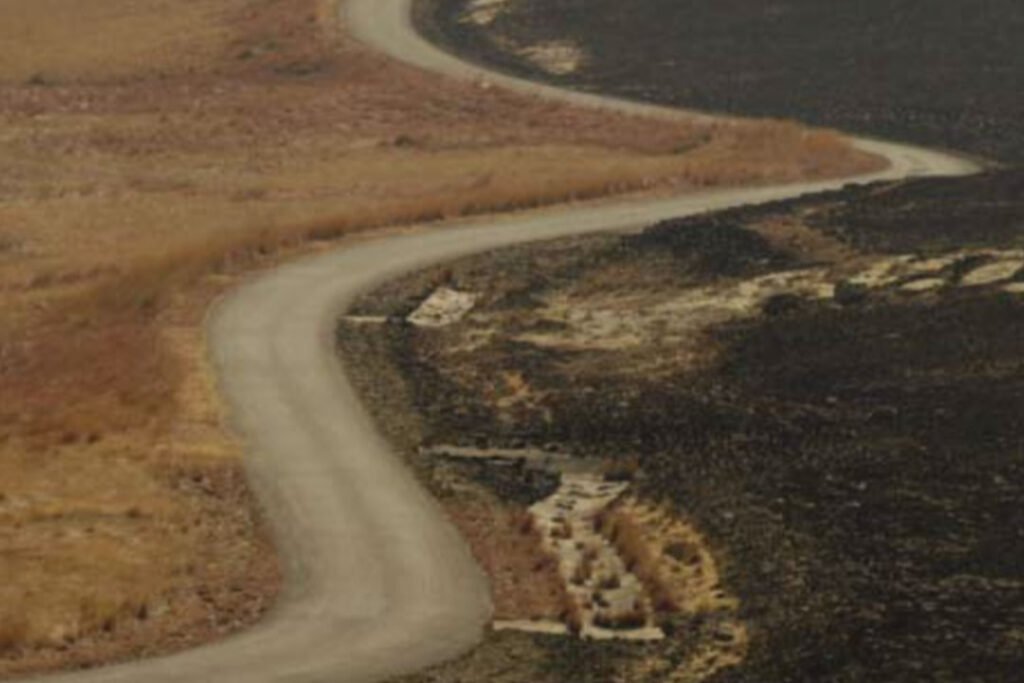Many South Africans find it remarkable that their country’s leaders managed a largely peaceful transition from apartheid to democracy between 1990 and 1994. Parties involved in the negotiations compromised to reach a settlement. However, now the party in power, the African National Congress (ANC), is speaking of undoing the terms of the compromise and of launching a “second transition”, a move that has defenders of South Africa’s constitutional democracy up in arms. RW Johnson interprets the ANC’s intentions and where they might lead.
When FW de Klerk retired from politics in 1997 it seemed implausible that this former president of South Africa would ever see the hustings again. As the man who abolished apartheid and, with Nelson Mandela, had won the Nobel Peace Prize for negotiating a peaceful transition to democracy in South Africa, he has remained resolutely up-beat, saying that whatever the blemishes on the new South Africa, it is a far better and freer country than the old. Now, however, at the age of 76, de Klerk is launching himself into an all-out national campaign to prevent the ruling ANC from, effectively, tearing up the constitutional settlement on which the new South Africa is based.
This has become evident with the release of ANC discussion documents ahead of the party’s policy conference in June. In a key document, the ANC’s policy chief and minister of justice, Jeff Radebe, declared that this year — the ANC’s centenary — should mark a “watershed”, a fundamental break with the past through a major organisational and policy shift. “Our vision for the next few decades should be informed by an approach which suggests that having completed our first transition with its focus on democratisation over the last 18 years, we need a vision for a second transition that must focus on the social and economic transformation of South Africa over the next 30 to 50 years.”
Taken together with other ANC proposals already on the table, there now exists an extensive radical agenda which, if implemented, would fundamentally change the current political and constitutional dispensation. This agenda includes cuts in the powers of the provinces and the unification of the national, provincial and municipal civil services into a single service — which would mean, for example, that even civil servants working for the city of Cape Town, which is governed by the opposition Democratic Alliance (DA), would have to take their orders from an ANC minister. The proposals further include the introduction of a national health insurance system — the first time a developing country has ever attempted such a thing and a reform which would also take health away from provincial control; the draconian enforcement of labour controls aimed at ensuring that no race group can hold more than its demographic share of jobs; a radical land reform that would limit the private ownership of land; a new 50% profits tax on mining companies on top of their already crushing tax burden; fresh controls on the press, including the setting up of a media tribunal and the passing of a flawed law governing state secrets; a major review of the role of the Constitutional Court and the Supreme Court of Appeal — and much else besides.
As Mr Radebe puts it, “There are no holy cows.” The reason for this fundamental shift, he says, is that there has been a major alteration in the balance of power locally (the ANC is now securely in the driving seat) and internationally (due to the financial crisis the capitalist states are weaker). The existing constitution is described as merely a compromise document which the ANC agreed to at the time to establish itself in power: its time is therefore over.
Behind this, of course, lurks the ANC’s commitment to the “National Democratic Revolution”, a Soviet-inspired notion of how socialism will be built in one country— South Africa. But the fact is that after 18 years of ANC rule unemployment is higher than controls on the press including the setting up of a media tribunal and the passing of a flawed law governing state secrets; a major review of the role of the Constitutional Court and the Supreme Court of Appeal—and much else besides.
As Radebe puts it, “There are no holy cows”. The reason for this fundamental shift, he says, is that there has been a major alteration in the balance of power locally (the ANC is now securely in the driving seat) and internationally (due to the financial crisis the capitalist states are weaker). The existing constitution is described as merely a compromise document, which the ANC agreed to at the time to establish itself in power: its time is therefore over.
Behind this, of course, lurks the ANC’s commitment to the “national democratic revolution”, a Soviet-inspired notion of how socialism will be built in one country — South Africa. But the fact is that after 18 years of ANC rule unemployment is higher than ever at nearly 40% and South Africa has become one of the most unequal countries in the world as the new black elite seeks to emulate, or exceed, the white privilege of old. For the ANC this justifies a more radical attack on what it sees as a capitalist order inherited from apartheid. Moreover, having just expelled the radical firebrand Julius Malema, the ANC is moving swiftly to steal his political clothes.
“All of those motives count,” says Dave Steward of the FW de Klerk Foundation, “but the key is simply this idea that the constitution was just a temporary compromise. For us it was a binding contract. De Klerk has always said that he didn’t surrender power to the ANC but to the new, democratic constitution. This whole country and all its economic and social relationships are based upon that constitution.”
De Klerk himself came out all guns blazing, claiming he felt “a fiduciary responsibility” for the constitution, which he and Mr Mandela had agreed upon. He said that he had “realised full well that the ANC might one day withdraw from its solemn undertakings”, but had felt he must “seize [the] unique opportunity for a just and honourable settlement”. South Africa, “with all its faults is a far better and far more just country than it was in the past”.
Helen Zille, leader of the DA, said the ANC proposals were “a con trick to mask the ANC’s failures in governance”. The ANC, she says, “betrayed the spirit of the constitution through cadre deployment, cronyism and corruption… [and] enriched a small, politically connected elite at the expense of expanding opportunities for the poor to improve their lives. Now people are getting angry. So the ANC needs a scapegoat. And so it has turned on the constitution it once trumpeted.” She committed the DA to all-out defence of the constitution.
The DA’s parliamentary leader, Lindiwe Mazibuko, pointed out that the constitution had been a way of bringing to an end a period of civil strife, detention without trial, torture and death squads, a period no one wanted to revisit. “What we agreed is two big things: that everyone in this country must have equal status and they all must be free. On that basis we’ll face our challenges. But we cannot and will not go back on that.”
This sets the scene for an all-out fight and a complete showdown. In an interesting exchange after the release of the new ANC policy documents, Irvin Jim, leader of the National Union of Metalworkers and an angry voice of the communist left, attacked the de Klerk foundation for its statement that power had not been handed over to the ANC but to the new constitution. In Jim’s eyes this was a deliberate negation of popular sovereignty. He insisted that the constitution had always been a compromise and that “only a fool would think that a compromise is a permanent solution.”
As the foundation pointed out in its reply, this certainly implied that Nelson Mandela was a fool for in 1996 he welcomed the new constitution, saying its principles were “immutable” and that the constitution was “our national soul, our compact with one another as citizens, underpinned by our highest aspirations and our deepest apprehensions”. Blade Nzimande, the leader of the South African Communist Party (SACP), weighed in at this point, clearly not wishing to be left out of the debate, making his usual charge that insistence on the primacy of the constitution was a liberal attempt to undermine popular sovereignty. The de Klerk foundation had little trouble with this for anyone who insists (as does the SACP) on “the dictatorship of the proletariat” clearly has something quite different than popular sovereignty in mind.
There is much politicking behind this. Jim is openly running to displace Zwelinzima Vavi at the head of the Congress of South African Trade Unions (COSATU) and wishes to put himself forward as the leading radical voice on every issue. The SACP for its part wishes to insist on its key position within Zuma’s coalition with, if possible, Nzimande getting the deputy president job. Within the ANC this is election year, when elections are held for the national executive and every post up to that of president. It is a good time for ambitious leaders like Radebe to puff out their feathers in front of the activists.
Despite the mounting opposition to its plans, the ANC seems determined to press ahead. Its opponents expect it to pack the Constitutional Court with ANC-aligned judges and to take steps to curb the practice of judicial review and of judicial independence. The great oddity is how it can expect to do this.
The Constitutional Court will undoubtedly declare any steps of that sort unconstitutional. And the ANC lacks the two-thirds majority needed to legislate constitutional amendments. True, in the past it has managed to influence a few minority members of parliament to side with it to give it two-thirds, but many of the changes it wants fall under the constitution’s section one, which means they will need a 75% majority for amendment. Similarly, any reduction in the powers of the provinces has to be agreed by all nine provinces — and nothing is more certain than that the DA-ruled Western Cape will dissent. Despite all this, the ANC exudes a blithe confidence, as if determined to push its changes through irrespective of the constitution.
Perhaps the oddest thing of all is the ANC’s motive for such changes. Jim has insisted that the present constitution had given power over to “white monopoly capital” and that this capital in turn was responsible for the high levels of unemployment, the extreme inequalities and mass poverty. This is very strange since presumably even Jim would argue that white monopoly capital was more powerful under apartheid than it is now. Why then are all these sad phenomena worse now, under ANC rule, than they were under apartheid? The logic is, ineluctably, that the ANC itself is responsible for the worsening of social conditions. Thus a new constitution, giving even more power to the ANC, would logically worsen those conditions even further.




